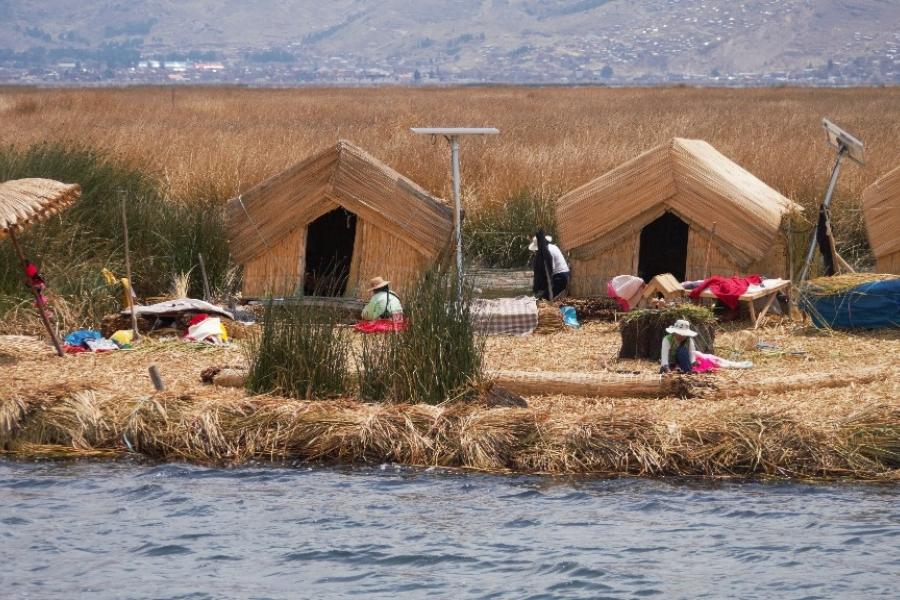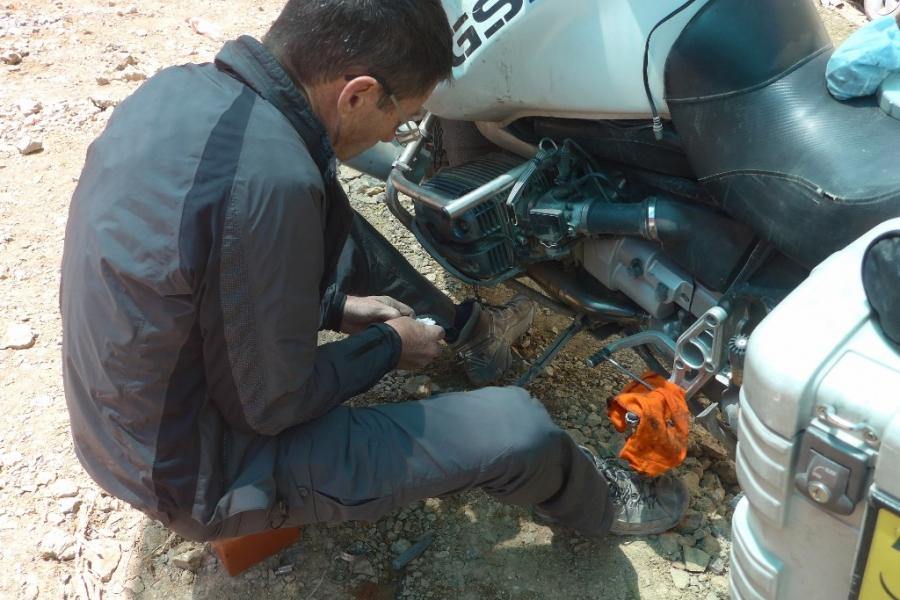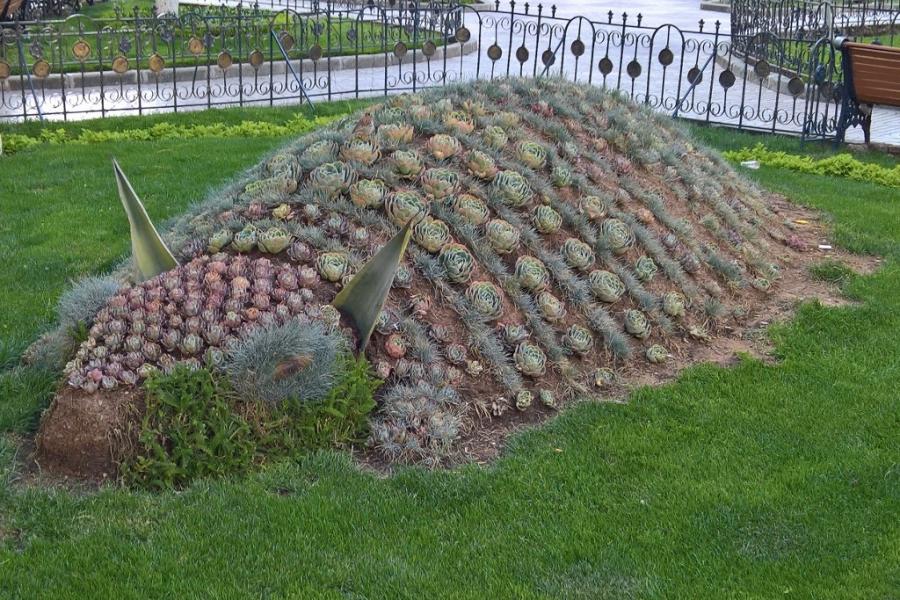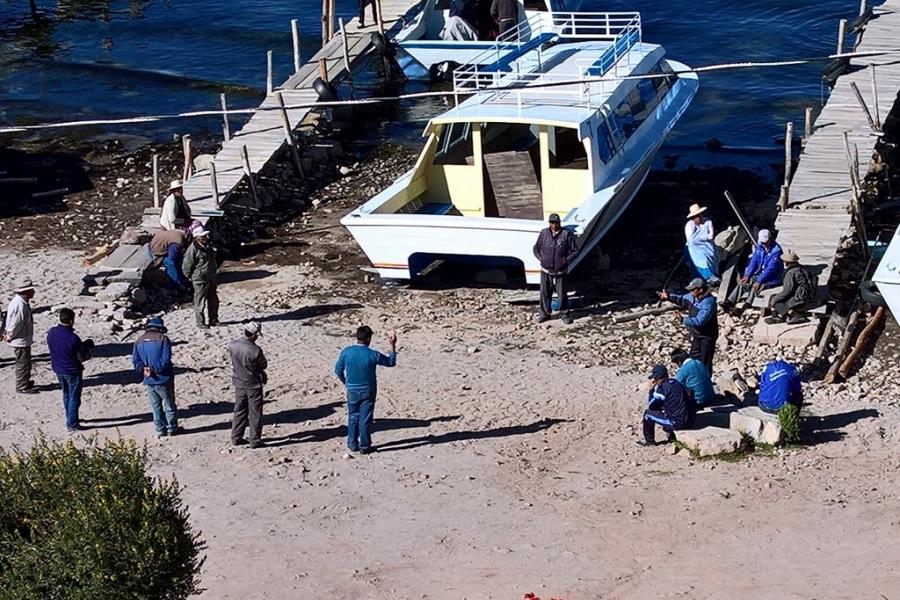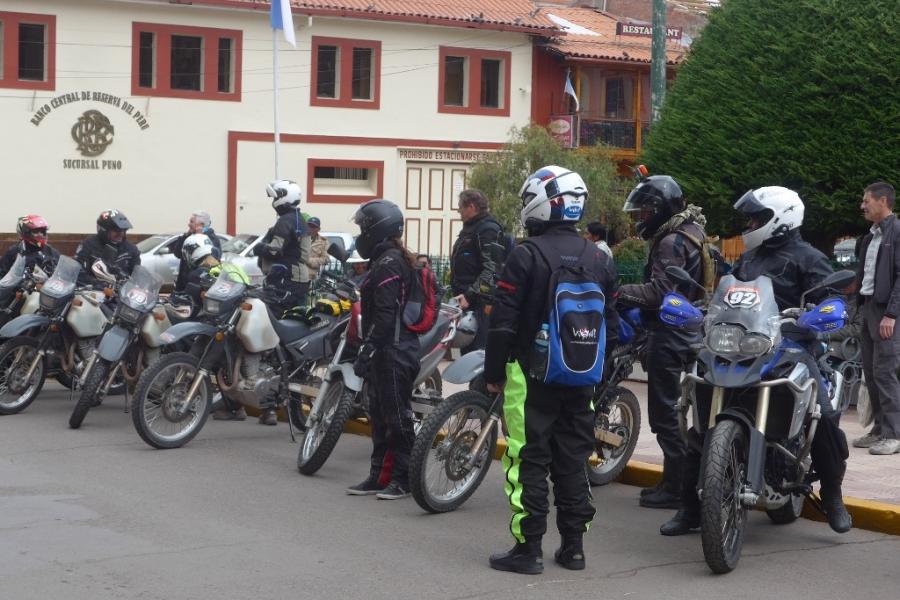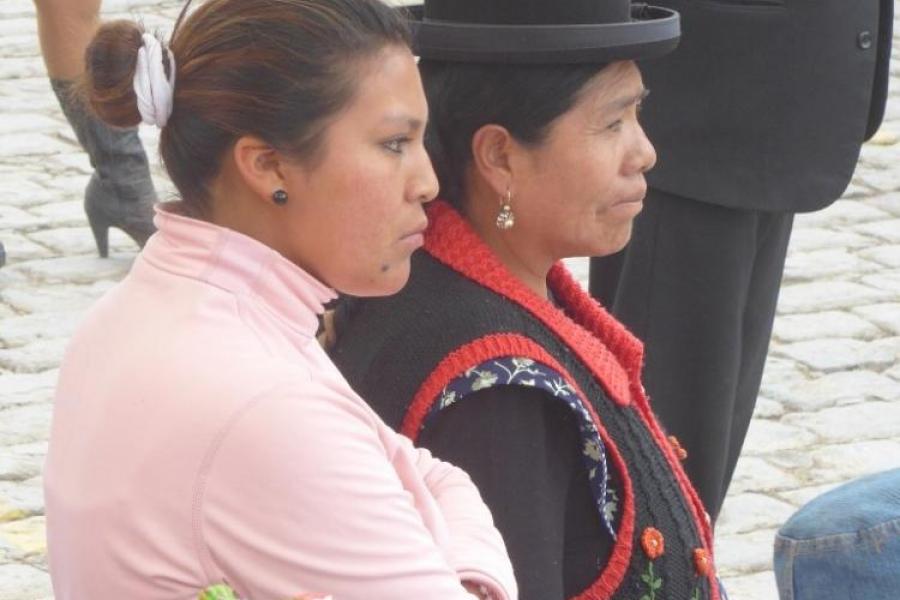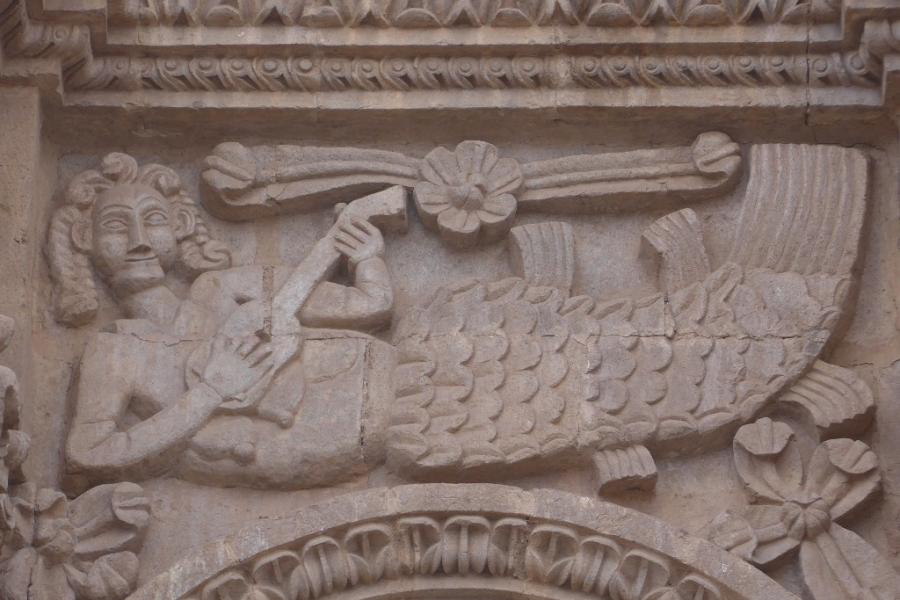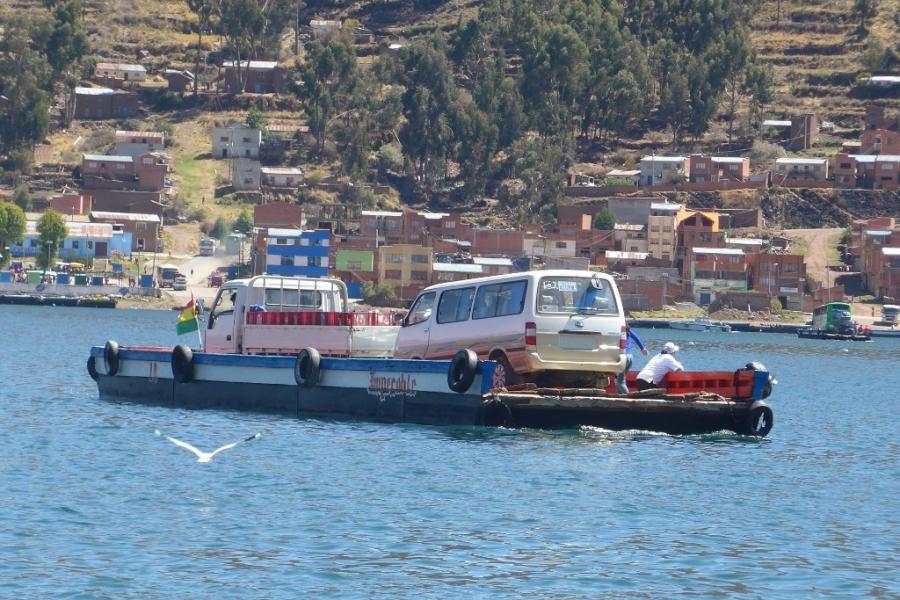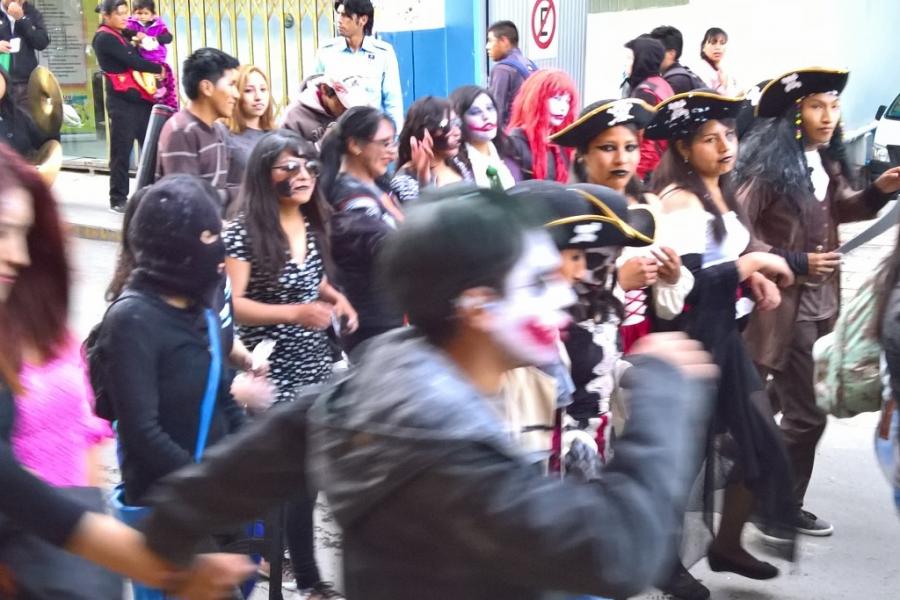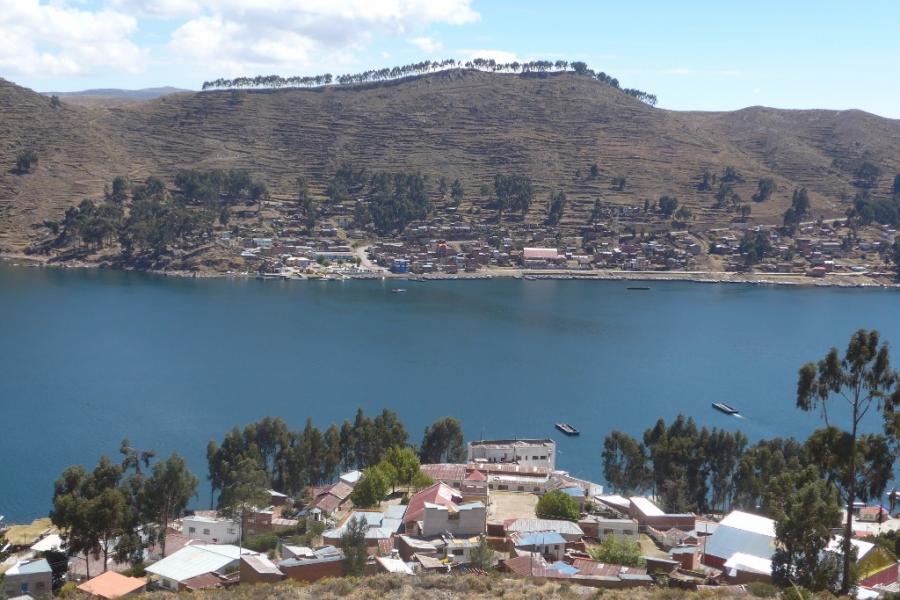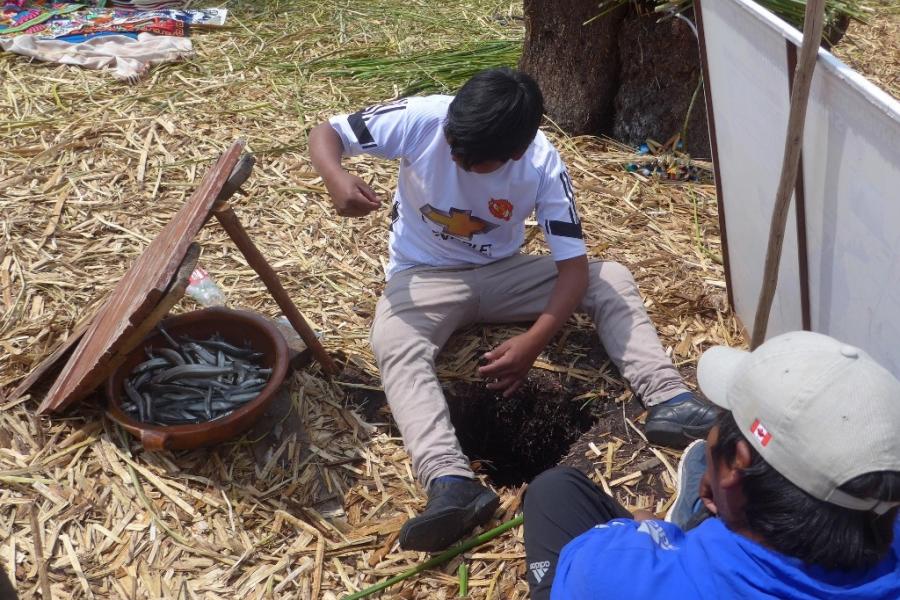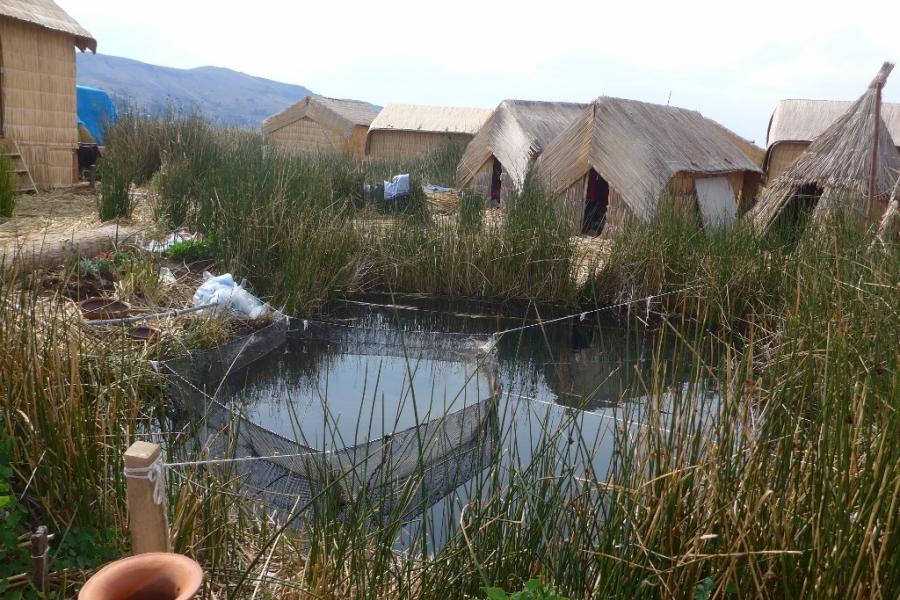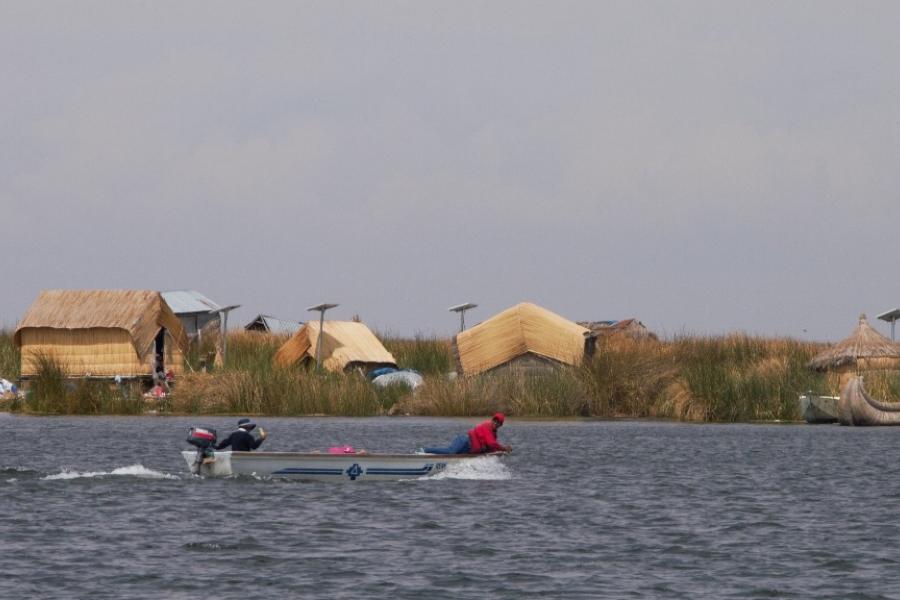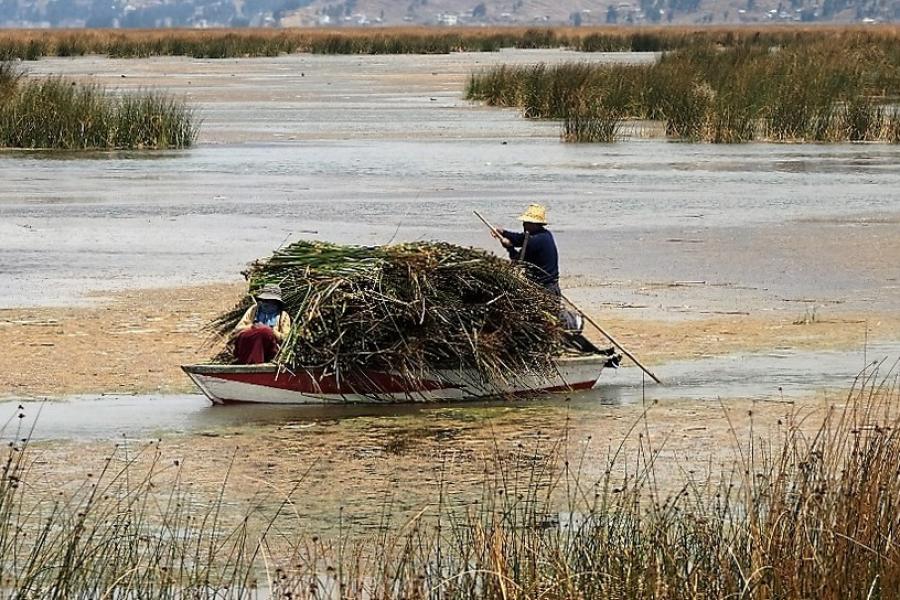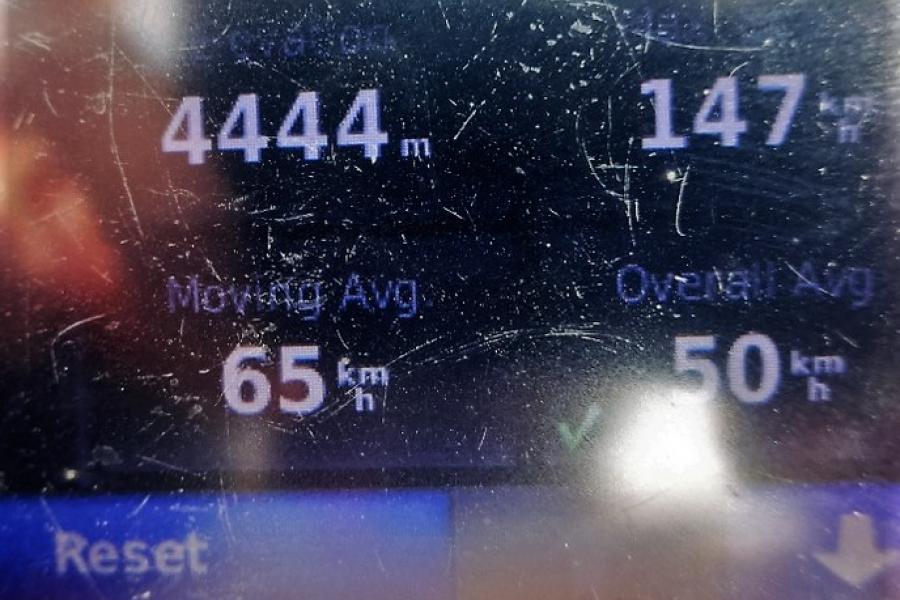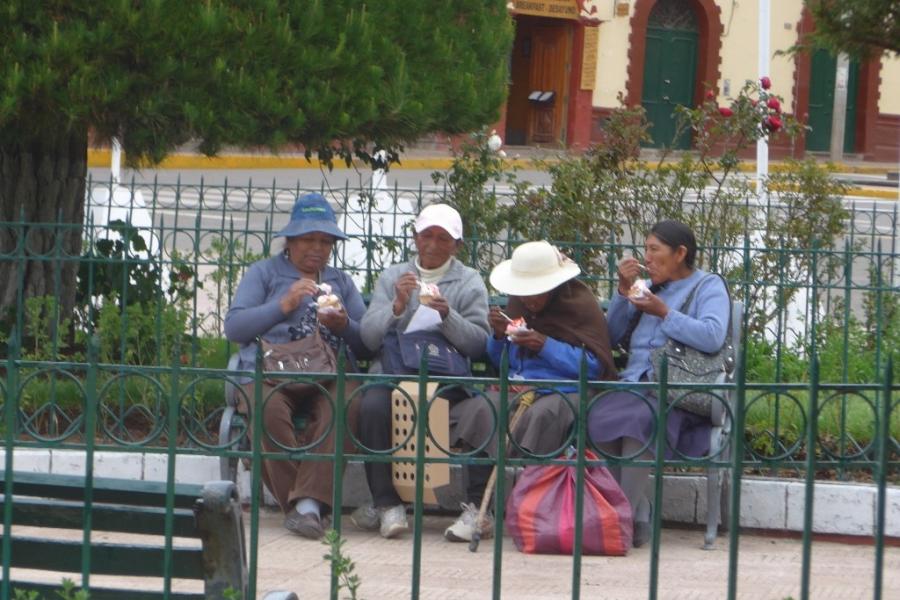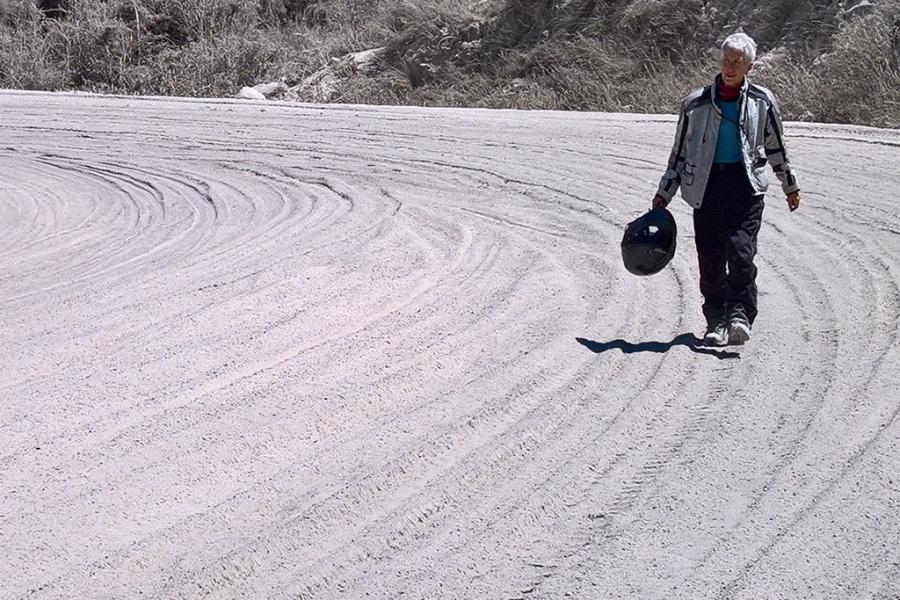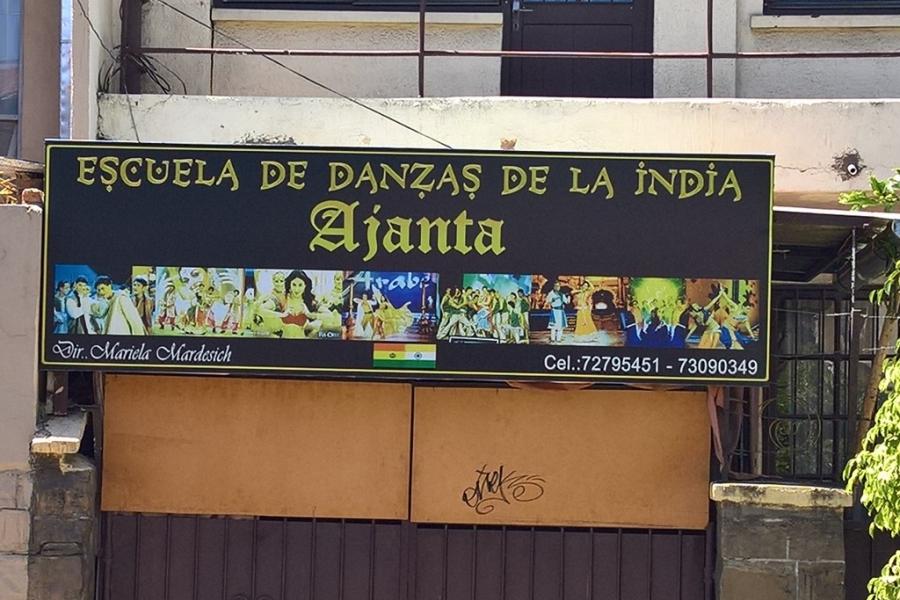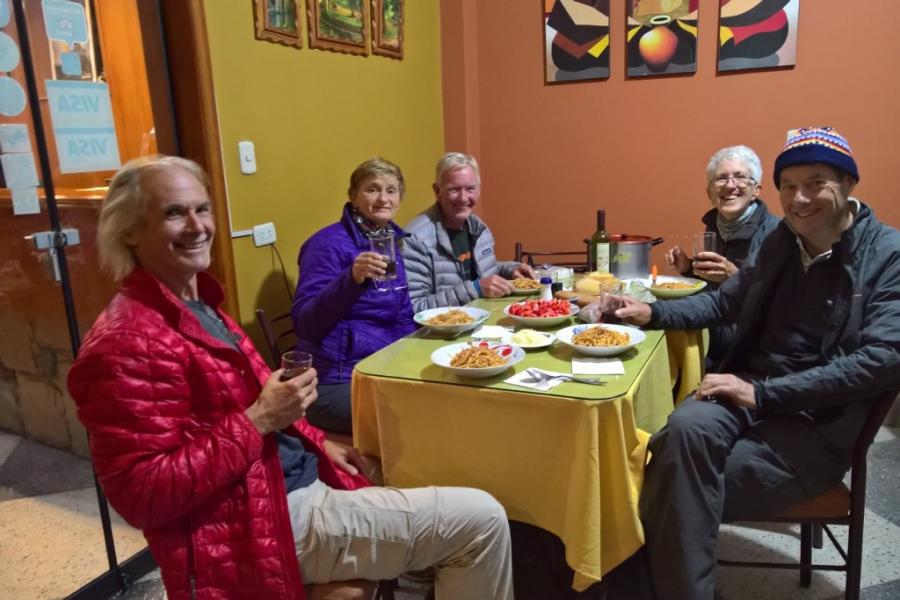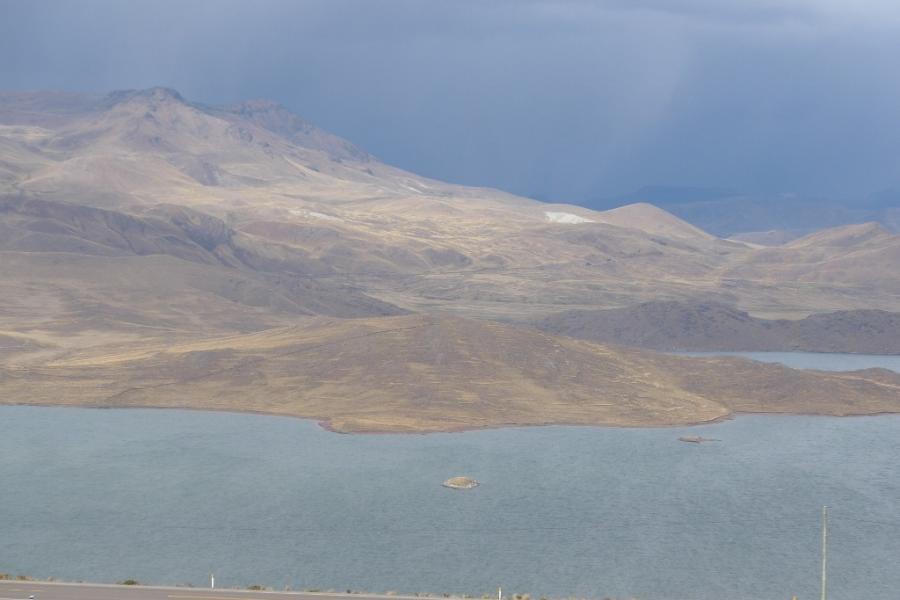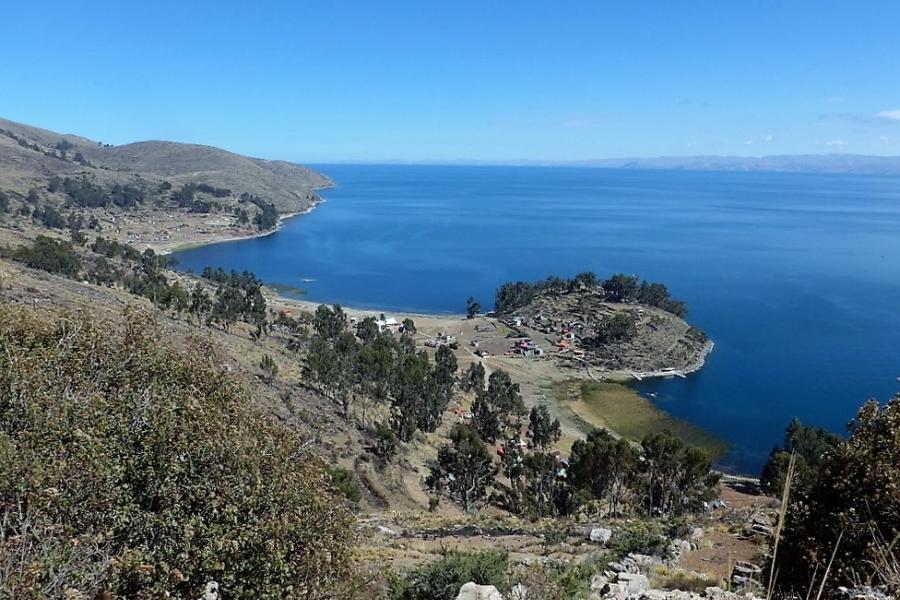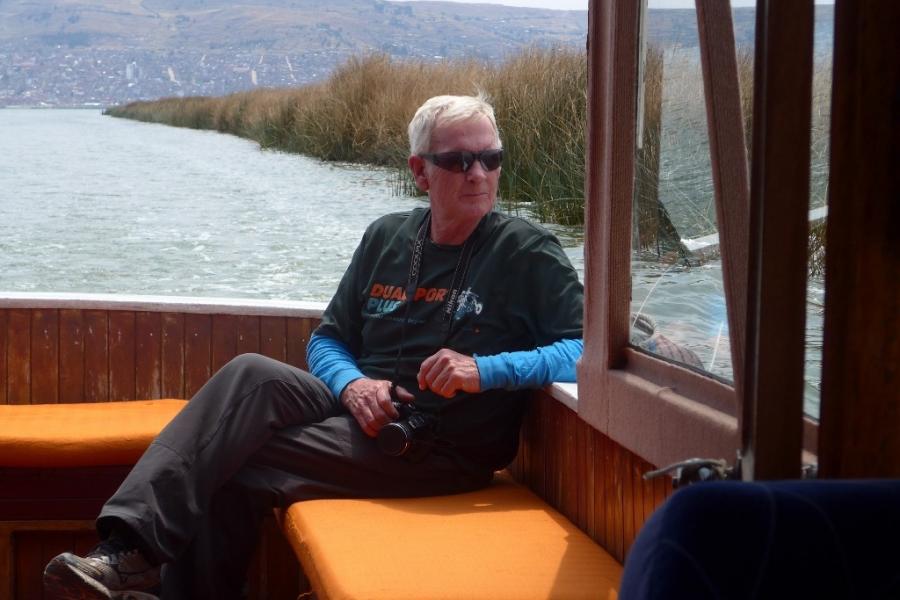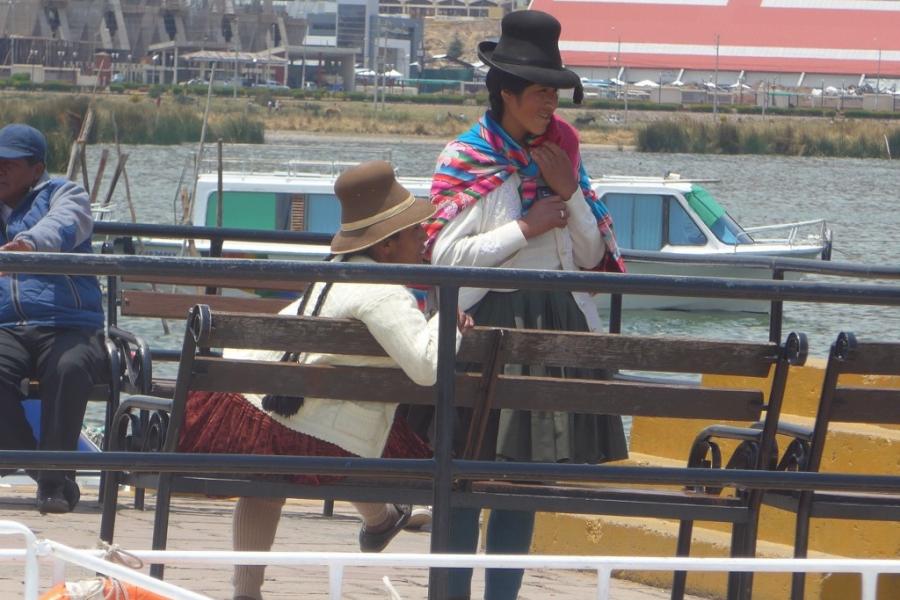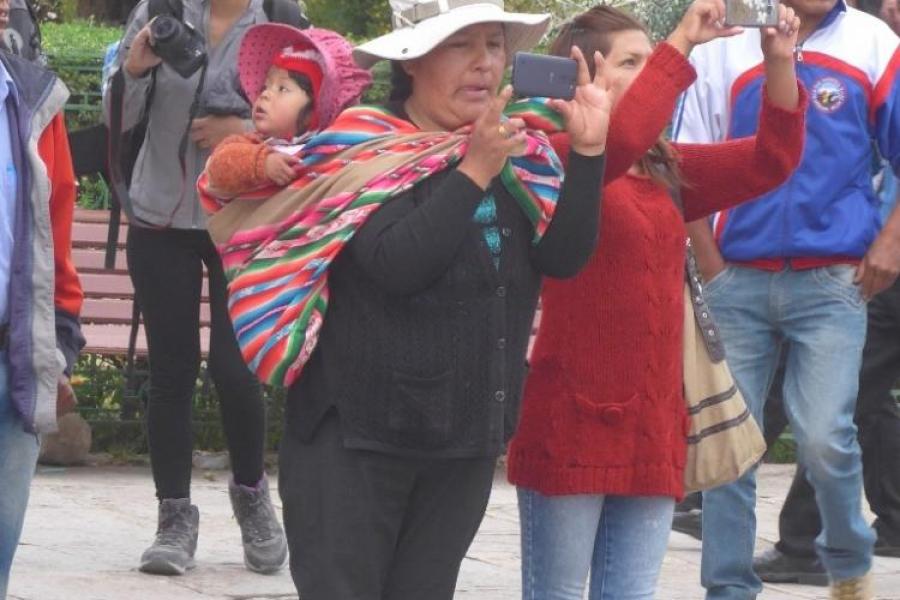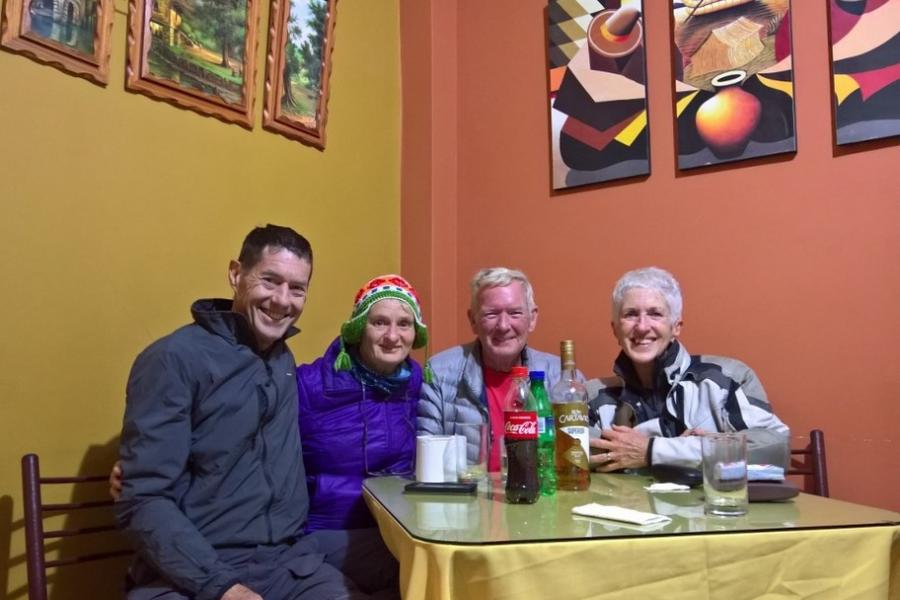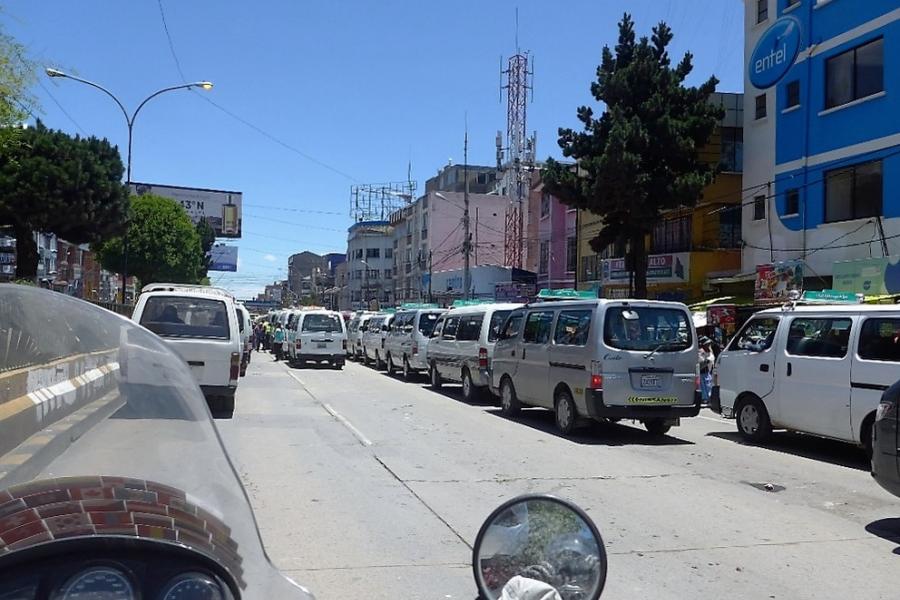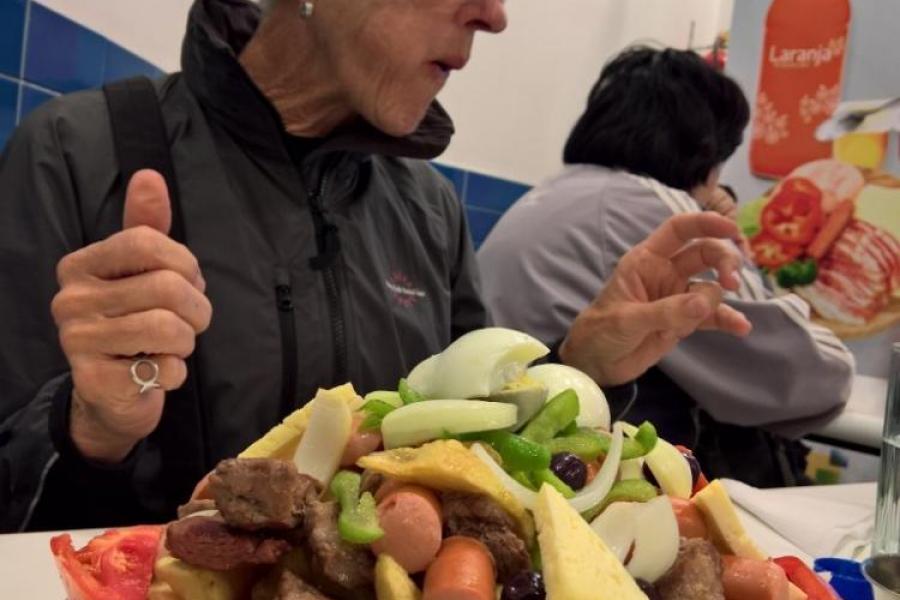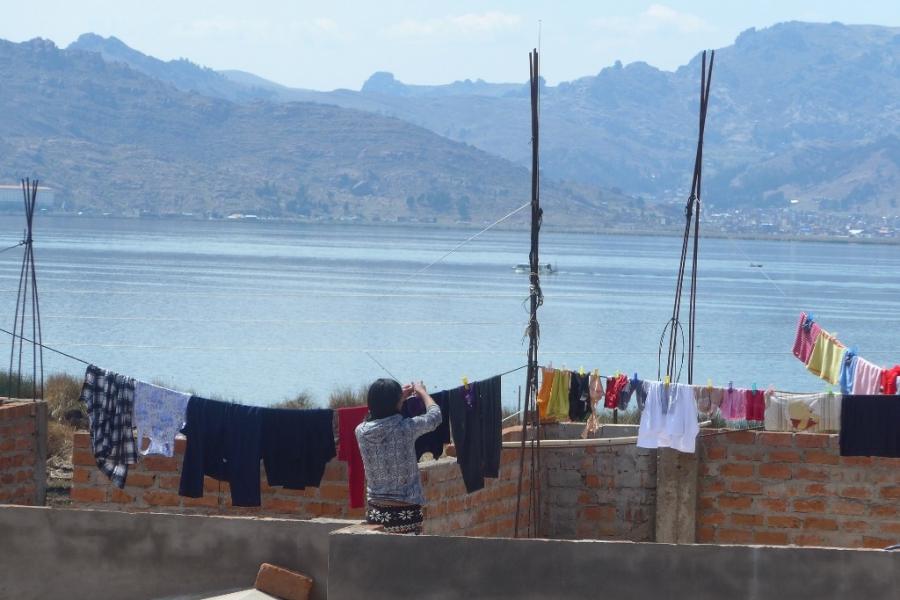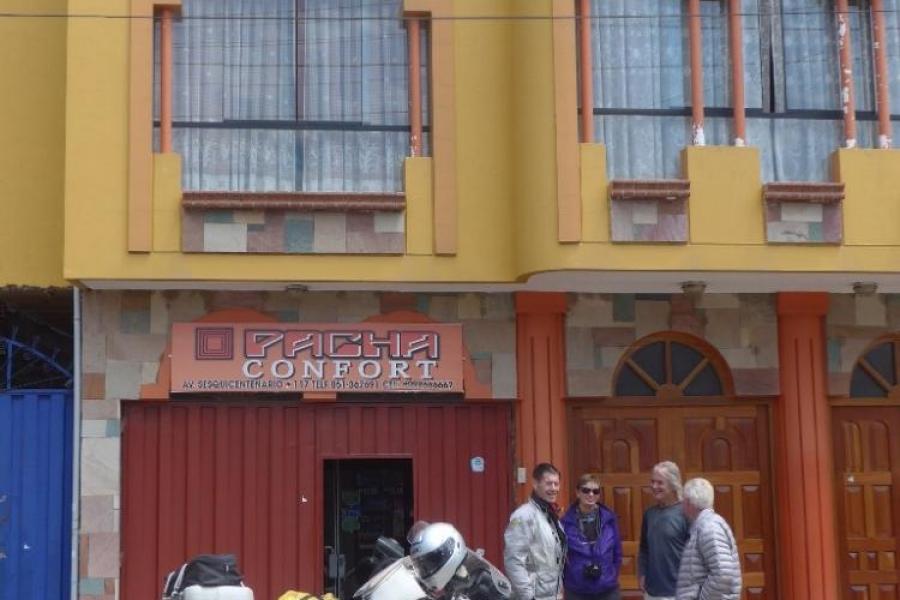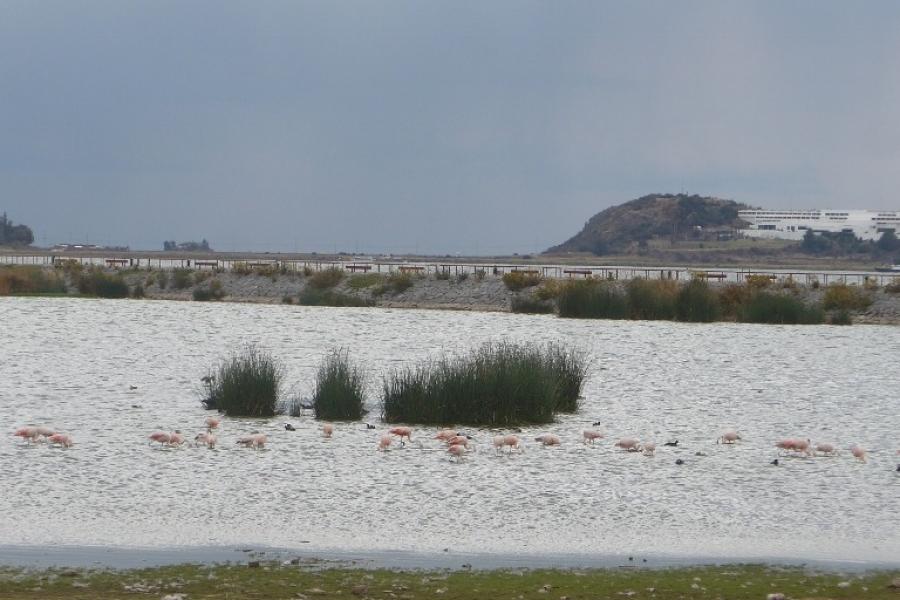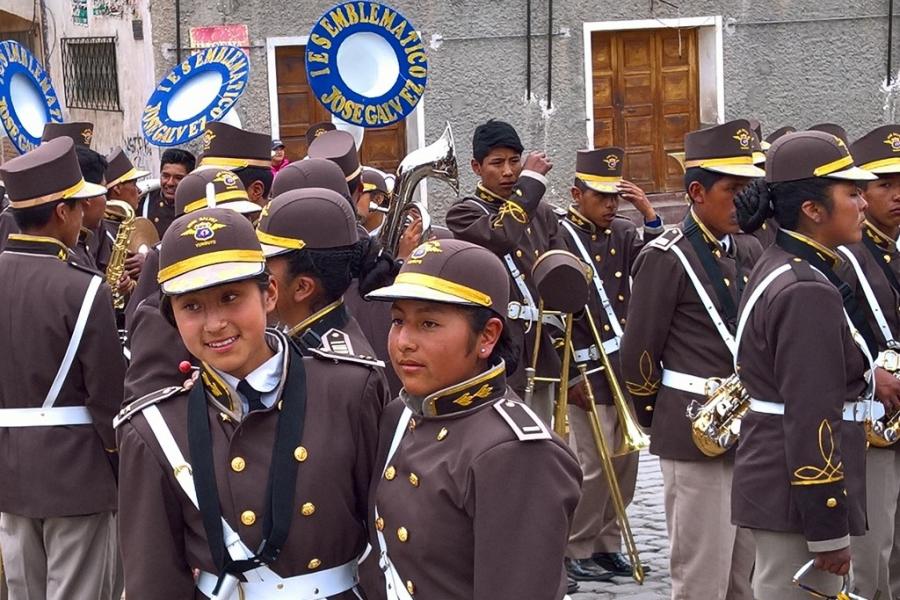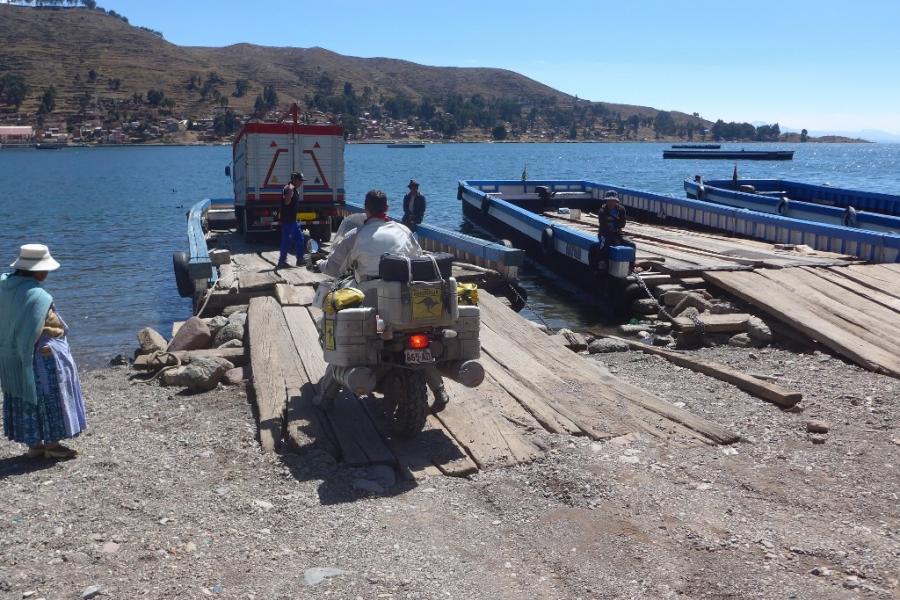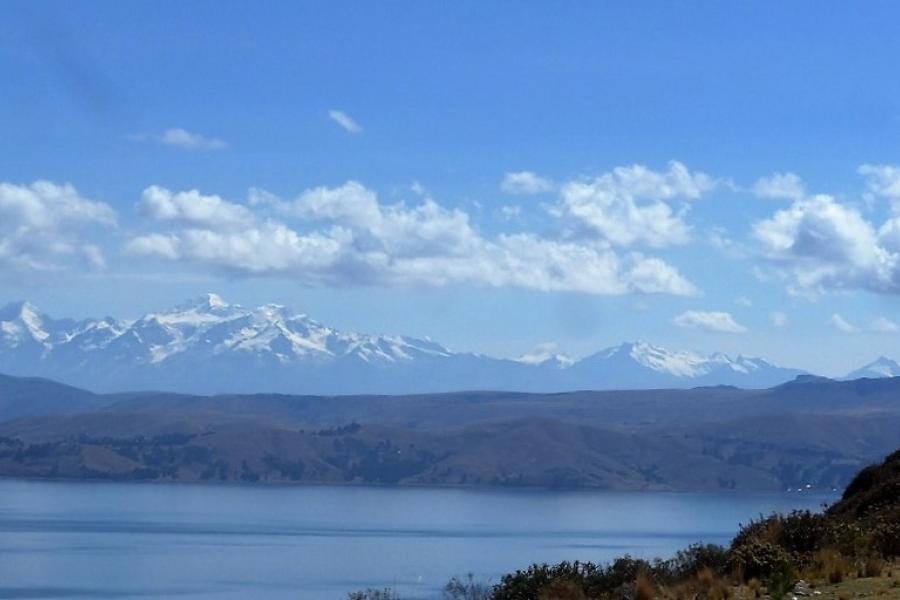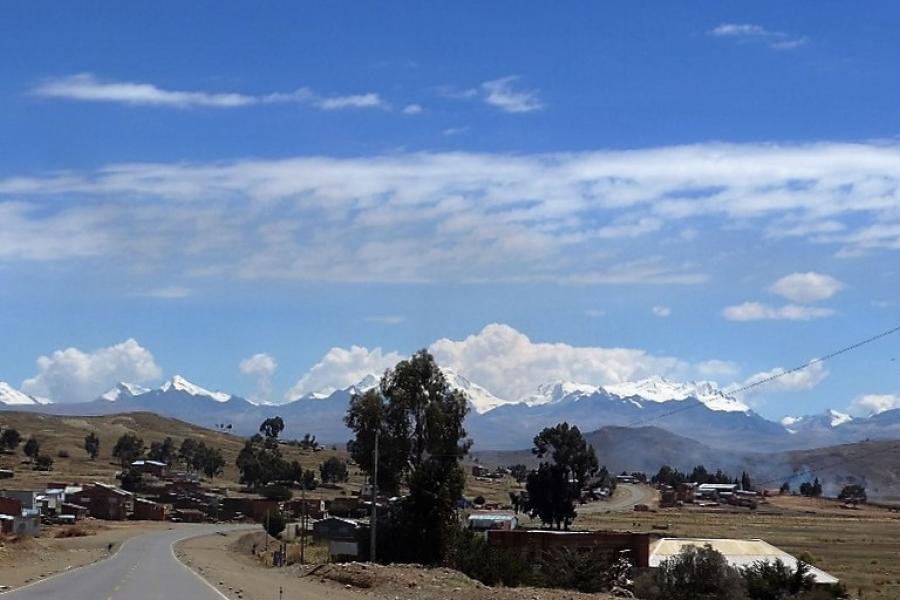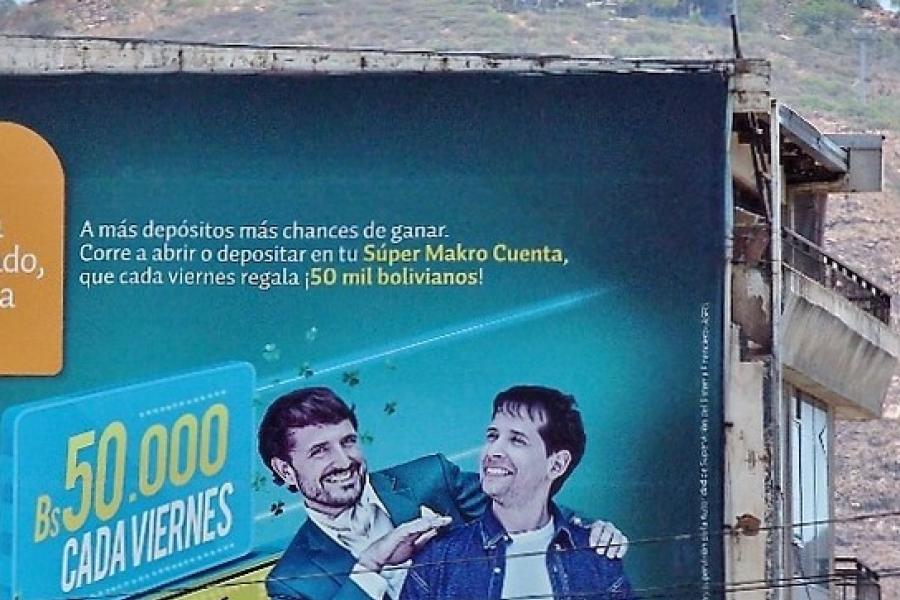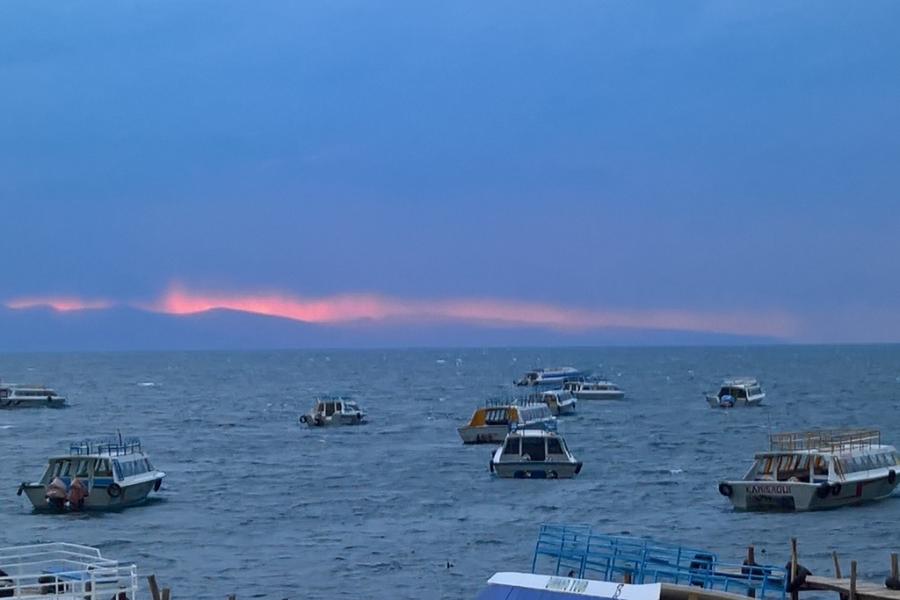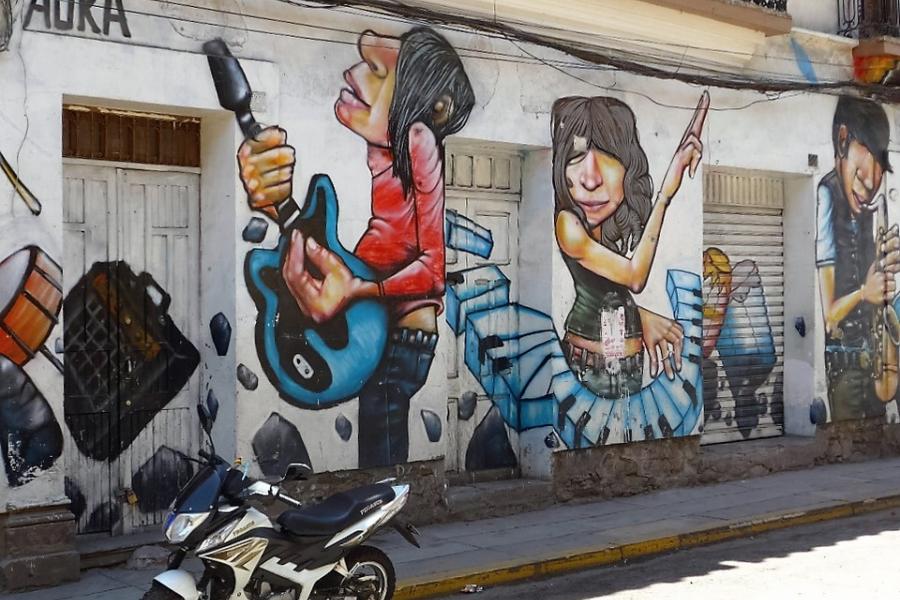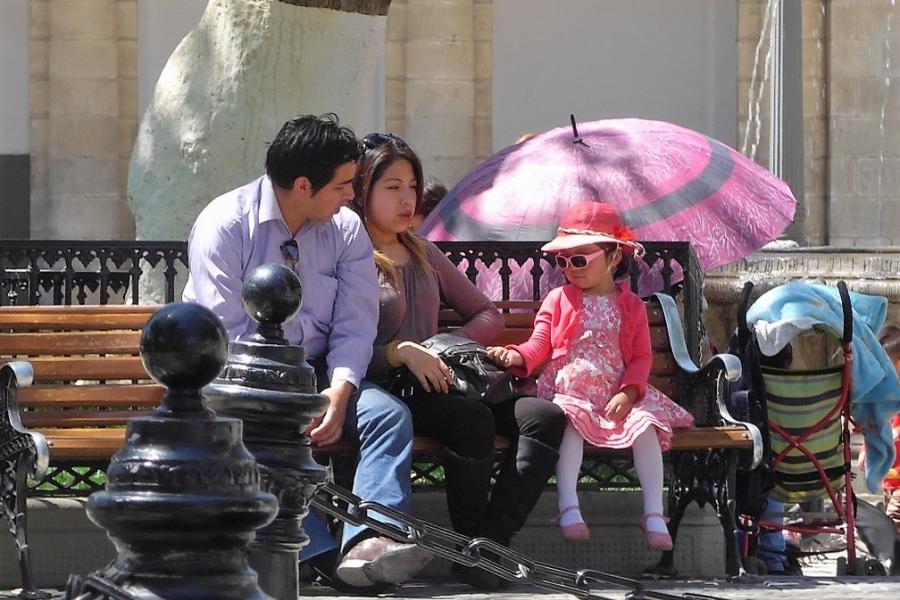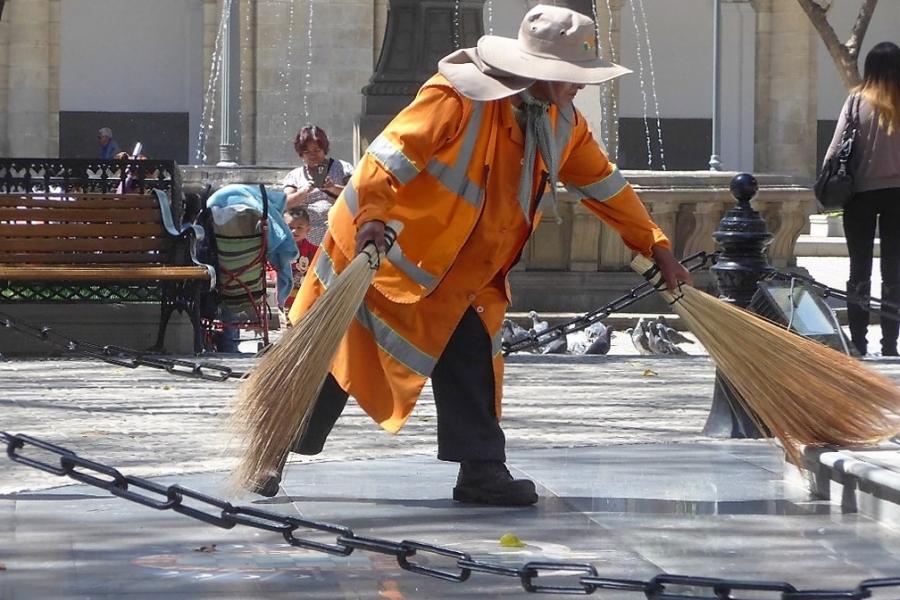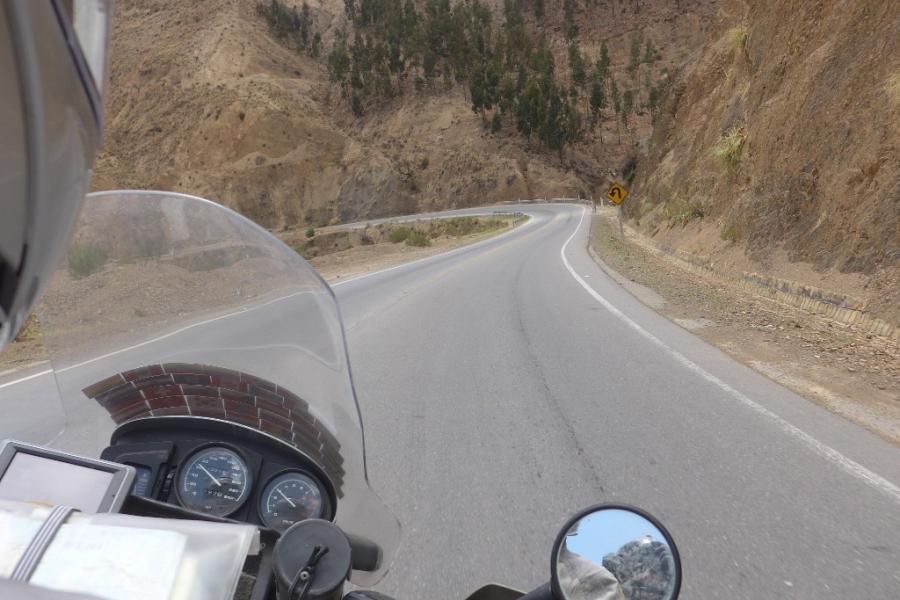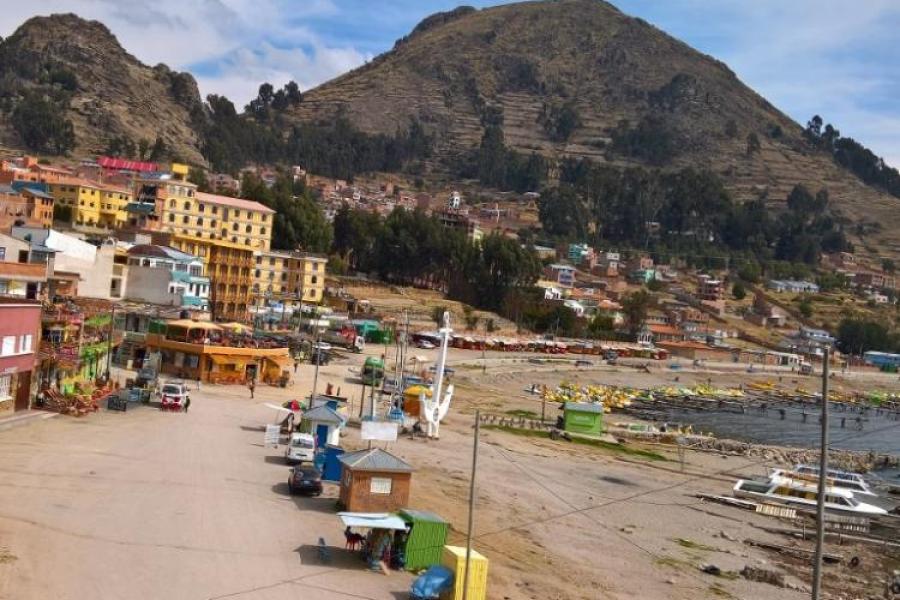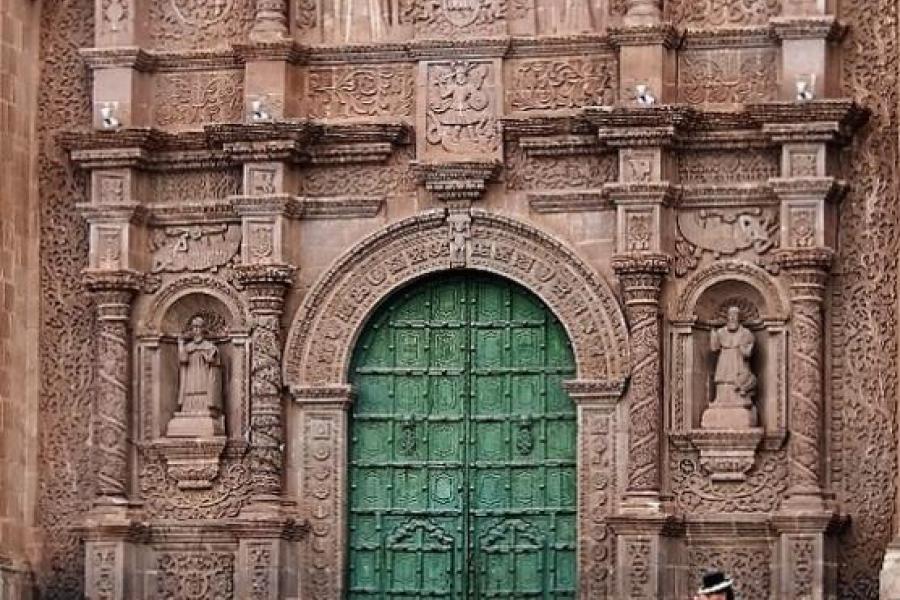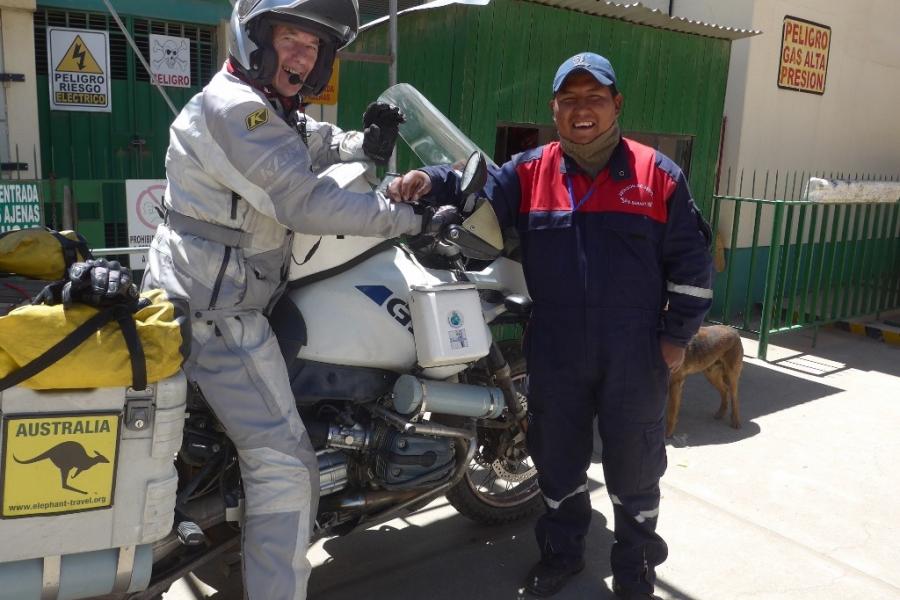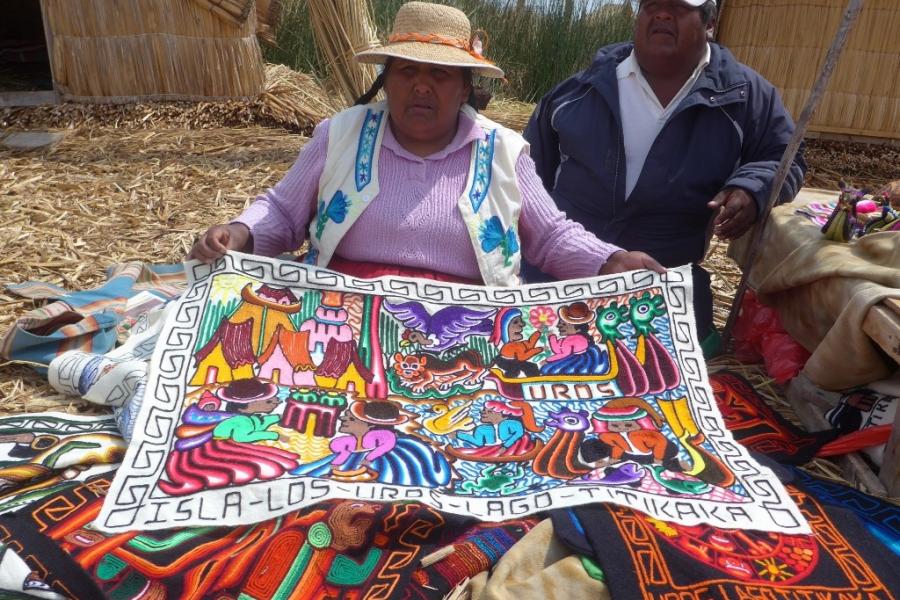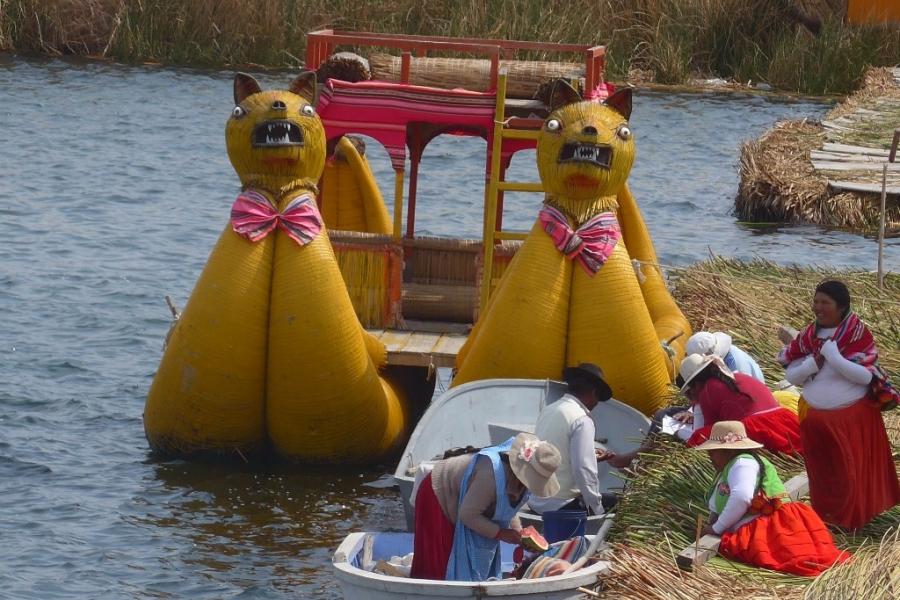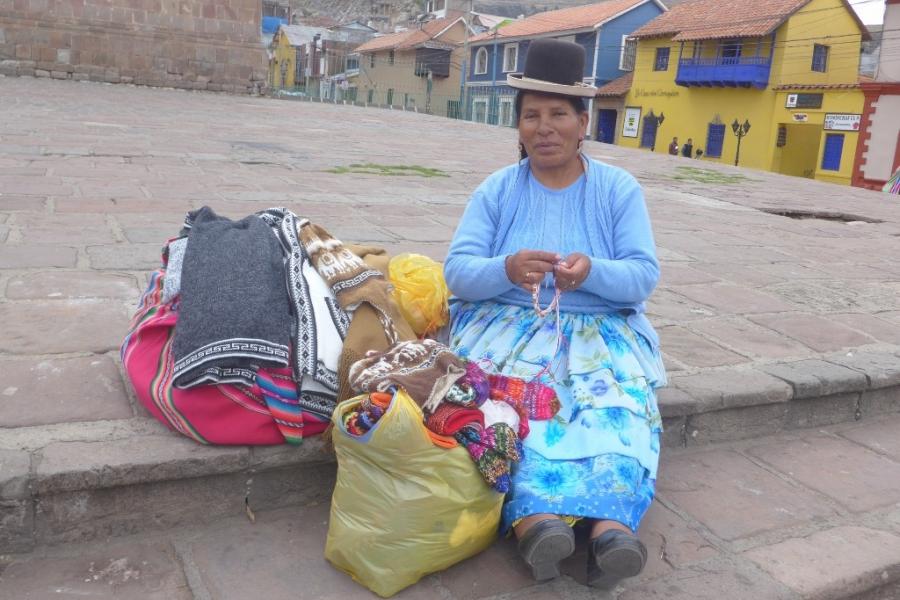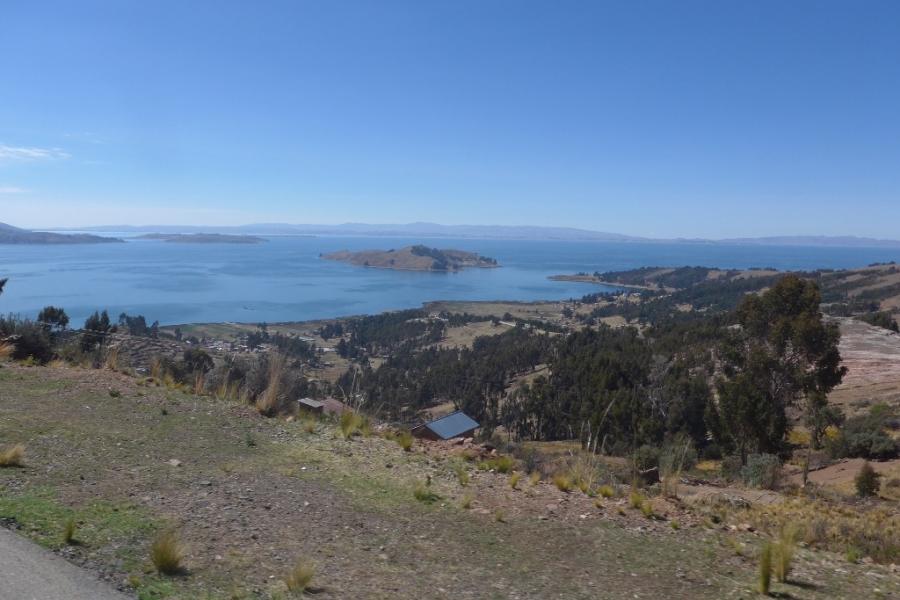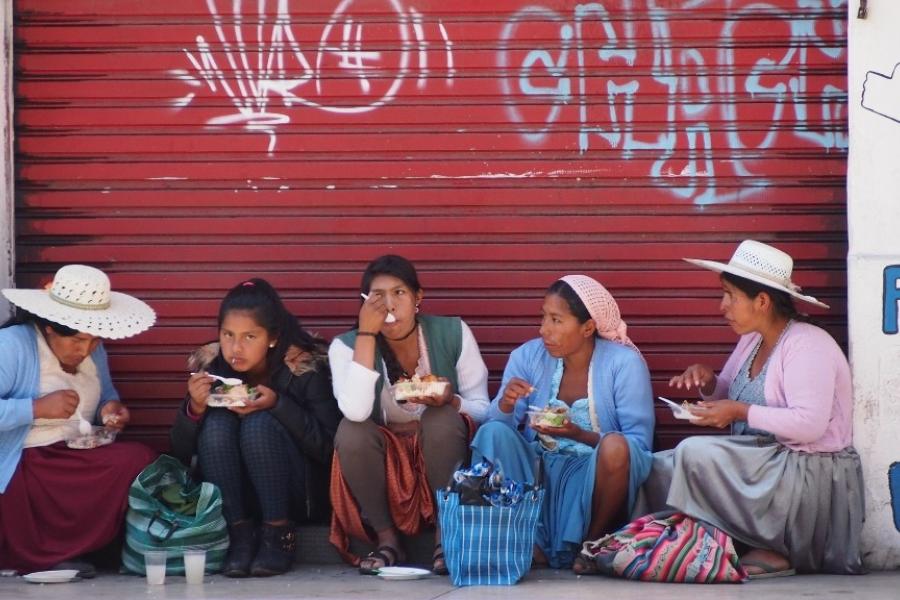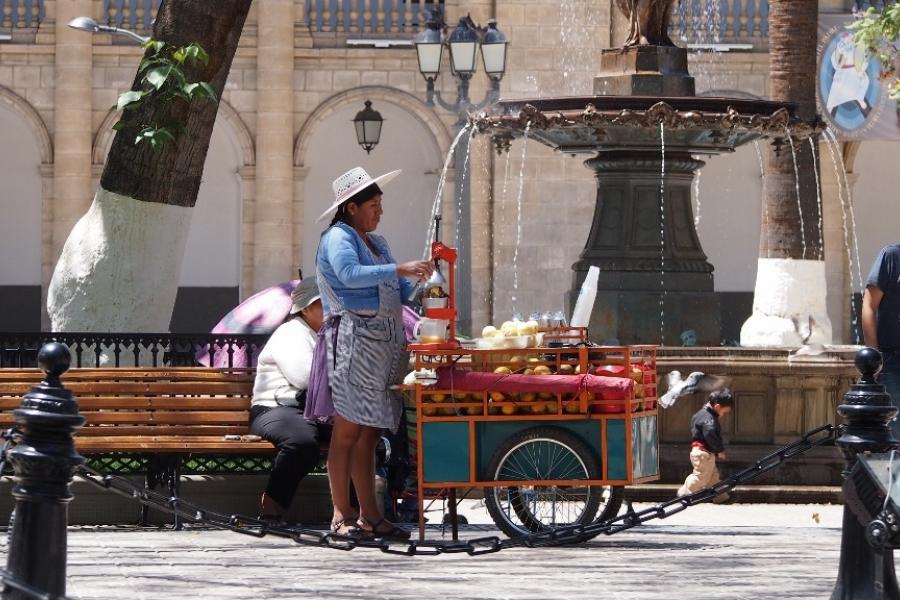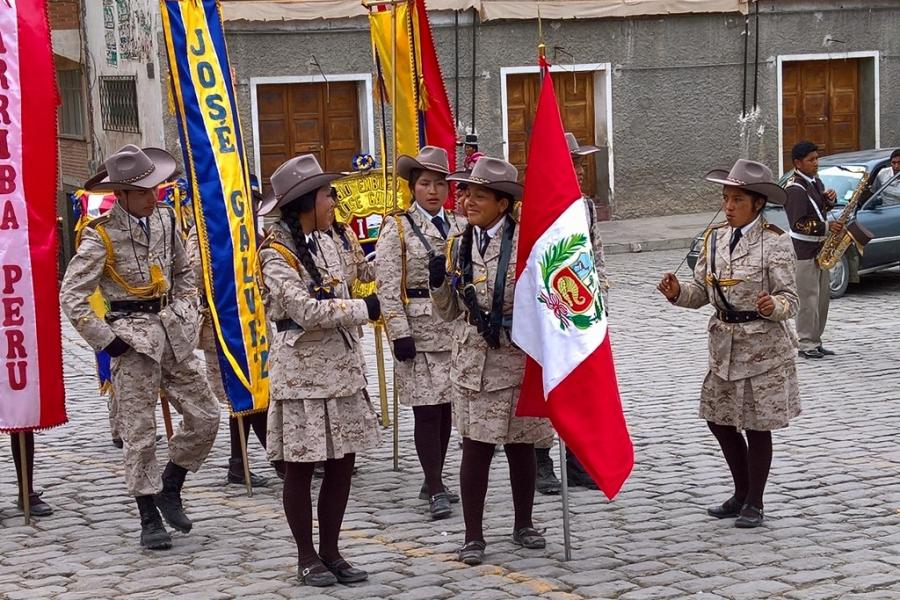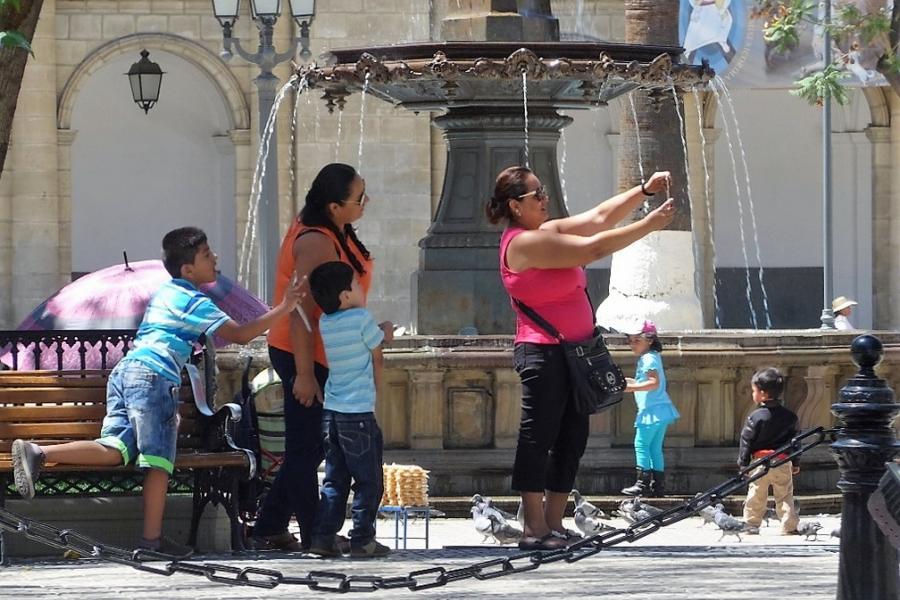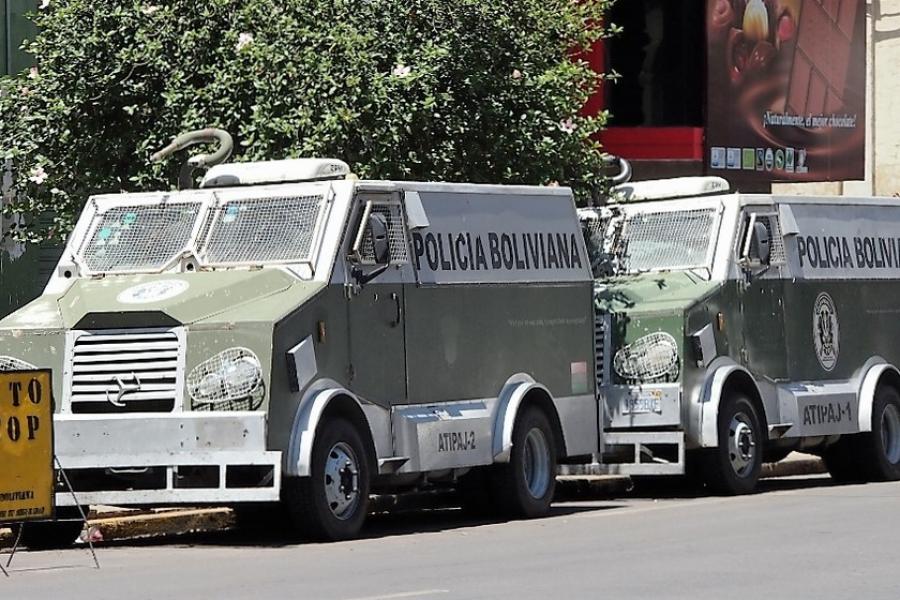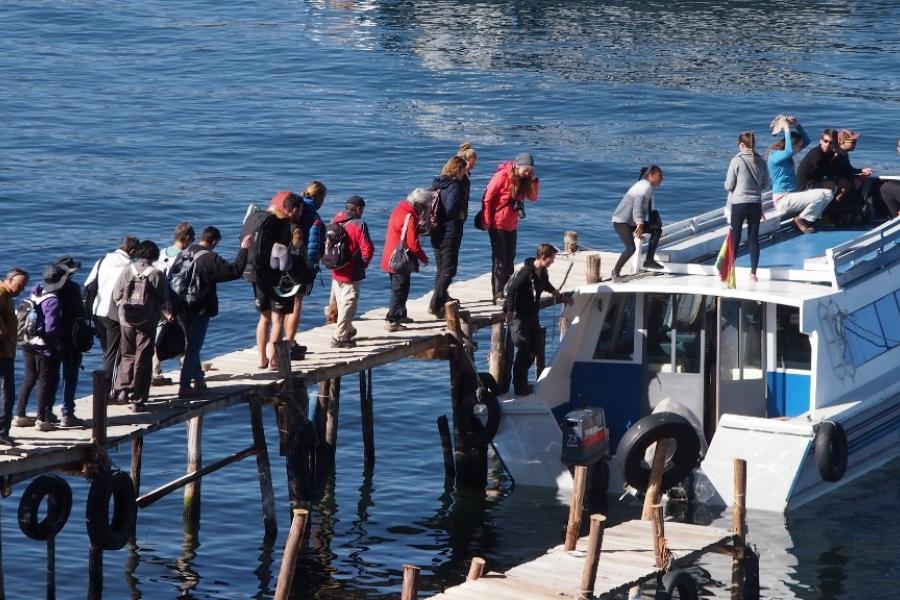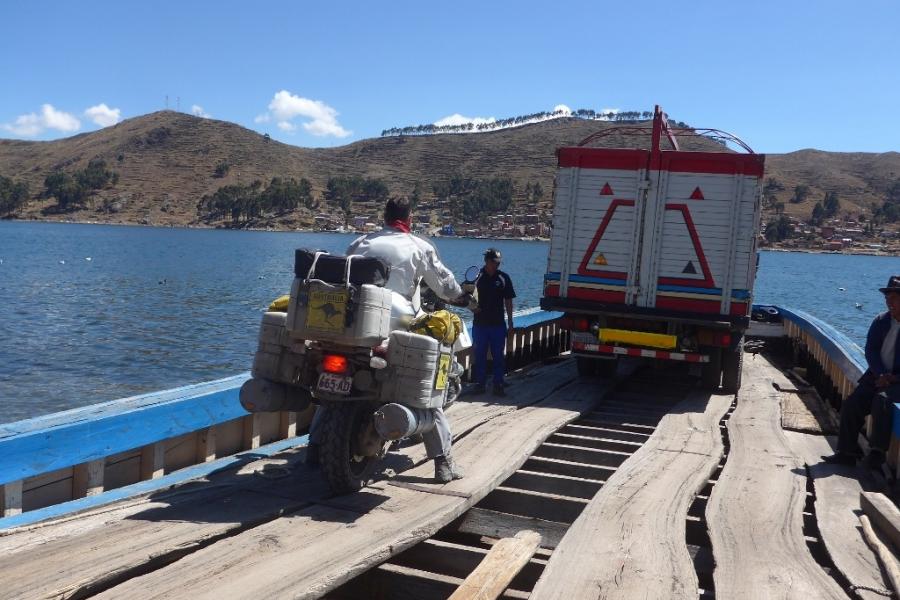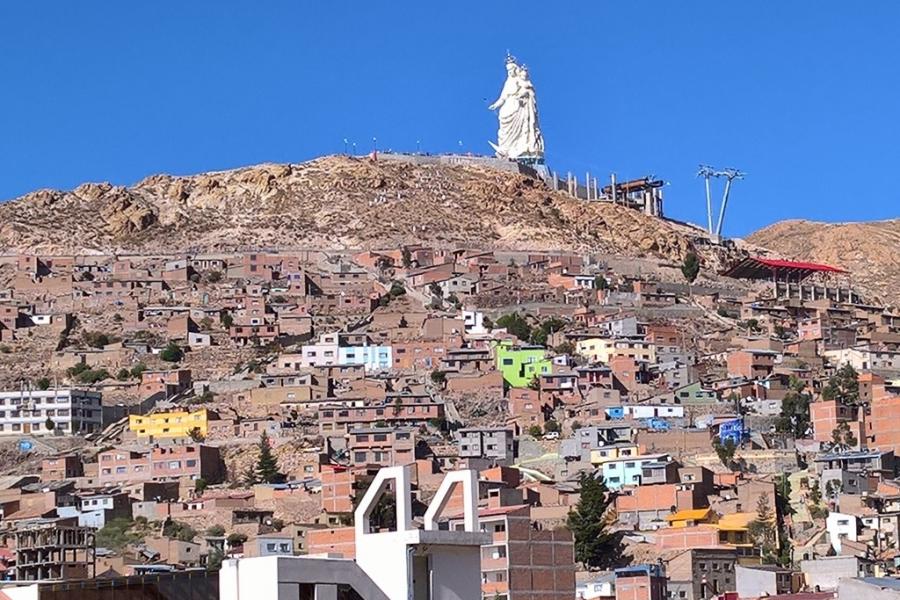The Crystalline Day and Some Unintended Outcomes (Originally posted 14 Nov 2016)
Country
We have long since ceased to be surprised when our experience of a place differs wildly from that of other travellers. Sometimes the difference is all down to Elephant. It is hard to get enthusiastic about the preserved history of a beautiful historic centre if getting there involved a three hour nightmare of traffic, cobbled streets and sweat. Somehow the reality of the city, as it is, seems much more pressing that the history of its colonial past. But the difference can also be explained by our personal response to what we experience. Fatigue, illness, and weather can all play a part in how we feel about that important first contact.
Our visit to Lake Titicaca, that legendary high altitude lake shared between Peru and Boliva, is a great example of how this works. We left the city of Arequipa expecting an exhilarating day's ride over the Cordillera and down to the lake. Faulty mapping and a route planned late at night sent us off in the wrong direction and, by the time we realised our mistake and turned around, we had wasted three hours and the best of our enthusiasm for that day. The delay also saw us ride into the afternoon storms which are common in this place at this time of the year.
A little rain has never bothered us at all, but in the freezing thin air at 4500m, a little rain is a big deal. By the time we had dropped down to the lake (although 3800m is hardly “down” in anyone's language) we were greeted by the dull and uninspiring sight of grey water, grey skies and a grey town. So this was the famous lake, we thought; not much for all the effort.
We finally caught up with our dear friends Catherine and Les whom long term blog readers will recognise from other places in other years. We enjoyed a few days together but as Catherine, Jo and I were all suffering from various head and chest colds, it was a much quieter reunion than we had hoped. Even the arrival of ex-pat Kiwi John to spark up the company couldn't quite get us into the spirit.
We did the tourist stuff around town and visited the floating islands on the lake and it was all worth the effort without getting us too excited. We had decided that the lake of legend was just a lake and that we didn't need to see too much more of it. With these uninspired thoughts, we left Les with a convalescing Catherine and headed for the Bolivian border and an overnight stop at the lakeside town of Copacabana just over the border. A fierce storm blew in across the lake that evening and we were thankful to be settled in a warm(ish) hotel with a great view over the water.
On our second day in Bolivia, we climbed away from the lake onto the rim of mountains that contain it. As we crossed the first line of ridges we looked back and saw the lake with a shock of recognition and pleasure. The storm of the previous night had washed the air clean of dust and the lake stretched out before us framed by the Cordillera and capped by the snowy peaks of the high Andes. On a crystalline day it was breathtaking, beautiful and a tonic for jaded travellers. Not for the first time we were awed by the simple immensity and majesty of these mountains. We have ridden in the European Alps for years, but we have not seen anything like the Andes.
Like each new country we have met, Bolivia also started to show its character almost immediately. Money and fuel were hard to get, the people were extraordinarily friendly (but with a difference sense of personal space) and the villages looked much more complete and attractive than those a few kilometres away in Peru where few buildings ever appear complete. In Peru, a small forest of reinforcing steel and stairways to nowhere are standard fixtures in every dwelling.
This is, of course, not only a feature of Peru. We have seen the same thing in countries of the Middle East, North Africa and Central Europe. Nor is it a consequence of the Peruvians' lax attitude to despoiling the beauty of their country with rubbish. Romanian houses are also perpetually unfinished and Romanians are extraordinarily good at keeping their country clean and tidy.
On our boat tour to the floating islands of Lake Titicaca, Les and I met a couple of American men who had done little independent travelling and who were staying at the flash hotel on the hill on a package holiday. One of them commented on the unfinished state of the houses and how untidy it made the villages look. It is good, he opined, that they have a view to the future and possible extensions to the houses.
Les and I burst out laughing and it took us a minute to regain enough composure to point out the horrid truth that these houses, here in Peru and elsewhere, would never be finished. Property is taxed in all these countries in such a way that no, or less, tax is paid on an unfinished building. The result is a land of untidy unfinished houses which are unsightly and often dangerous.
A few kilometres away in Bolivia different tax rules apply and the villages have a neat and pleasing look. We left our two young friends, who both worked for government, with the thought that rules can be made by good men and women and be well intentioned but can have unintended consequences. Once in place, however, people become habituated to their effects, think the result normal, and vigorously resist change. There are plenty of examples everywhere.
Team Elephant finished its week deep in the belly of Bolivia in the city of Cochabamba feeling better in a warmer (lower) climate. We enjoyed a lazy Sunday in a half deserted town centre; a Sunday of church services, family lunches, reading papers in the park and icecream for everyone. The break gave us time to reflect on our week and on how lucky we were to have our crystalline day at the lake and how easily our opinion of a place can be re-framed by a new perspective. We affirmed our belief that we should always look for the best in every place and that we are obliged by our good fortune to work hard to find it.

